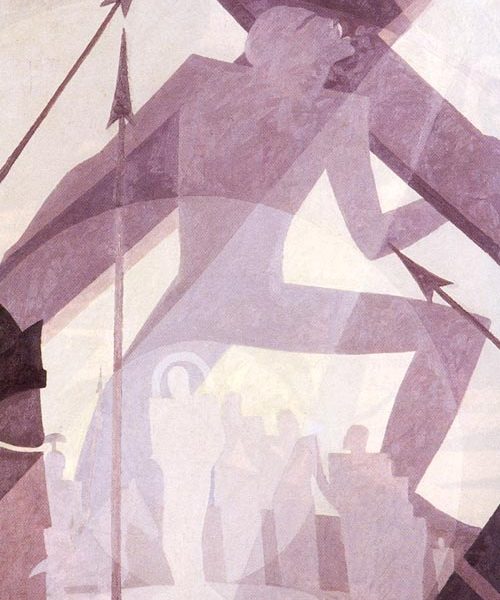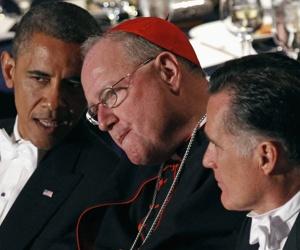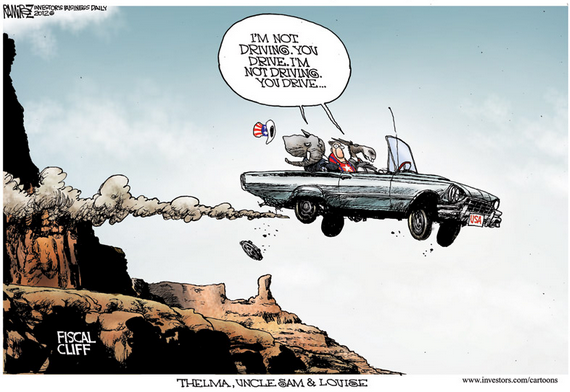
The Notre Dame Institute for Advanced Study hosted a conference at the beginning of this month on Theology and Black Politics. Opening with the question: “What is the Black Church?”, the conference addressed fundamental concerns regarding the nature of black politics and theology.
. . . The concept undeniably has a certain appeal, and few slogans are better calculated to capture the imaginations of the young and disaffected than “Towards eucharistic anarchism” (Bill Cavanaugh’s phrase in Radical Orthodoxy) and other such brazen assertions of liturgical politics. But in all the talk of eucharistic politics, a surfeit of aesthetic appeal seems to have usually compensated for a shortfall of logical clarity.

The Catholic Church in the United States is in decline because its public theology, on both the left and the right, is primarily focused on gaining influence over the state. As theologian Michael Baxter has argued, the church’s first priority should be on living as a community of faith and serving as a public witness.
Marriage equality is a hot topic in Christian communities. Recently, Gene Robinson, the first openly gay bishop, came to Fuller to talk about the freedom to love. As a result, many students at Fuller are beginning to rethink their heteronormative understandings of marriage. While I am all for LGBTQ equality in all arenas (anything else is shenanigans), the resurgence about the right to marry and marriage as an existentially important institution worries me […]

I have met some born-again Christians who act as if, in order for the modern Church to be given new life, we need only to recover the passion, vibrancy and hope of the Acts of the Apostles. That, if only we could live as those first disciples and apostles lived –selling our goods, holding everything in common, praying constantly – we would truly be welcoming the Kingdom. For, if we could only live thus, we would be Spirit-filled faith heroes, propagating the faith with the courage and energy of Paul. Beguiling as this way of thinking might be, it is ultimately open to serious question: it imagines that the Book of Acts is straight history rather than – at one level – propaganda. The growth of Christianity in the Mediterranean Basin was slower, patchier and more interesting than the propaganda would have us think. Nonetheless, I genuinely understand the enthusiasm for the born-again way of thinking because I’ve lived it. In my mid-twenties, in the first wild months of a newly-received faith, I felt those possibilities….


